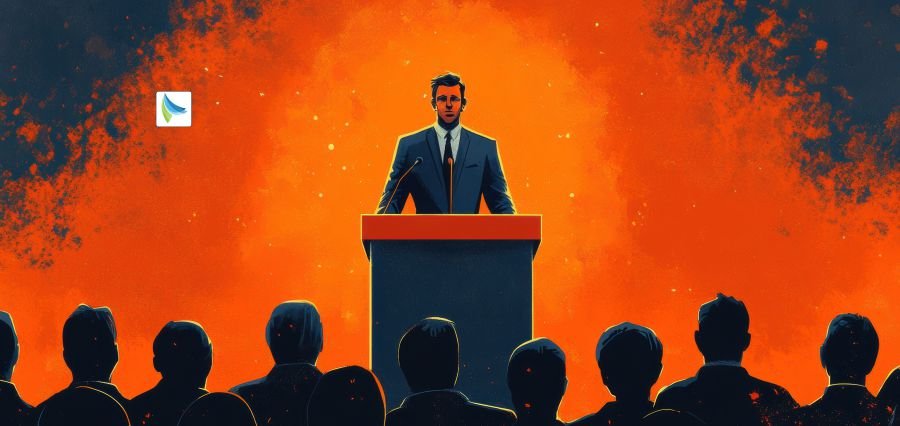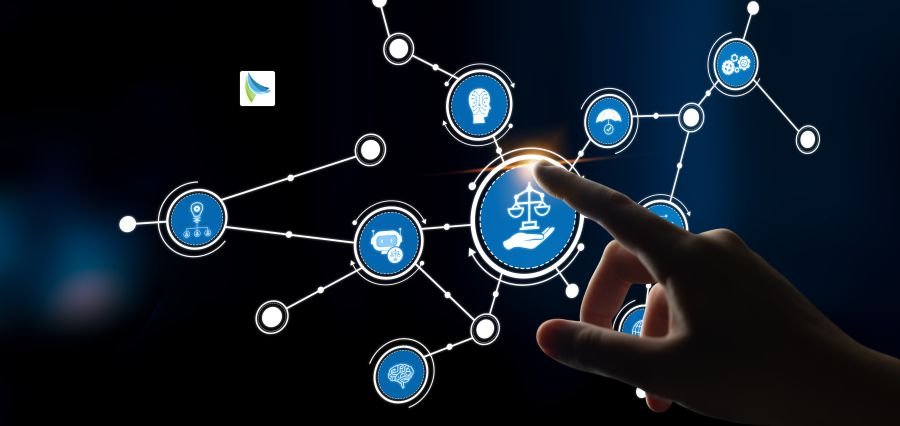With the evolving and dynamic nature of today’s world of work, HR leadership is now the driver of organizational resilience, strategy, and culture. No longer administrative in scope, today’s HR leaders are cultural architects, business influencers, and strategic partners. With ever-growing organizational complexity triggered by globalization, digitalization, and changing employee expectations, successful HR leadership involves a unique set of competencies.
Now let us discuss the skills which are indeed great HR leaders of today’s organizations.
- Business Acumen and Strategic Thinking
Strategic thought is the bedrock of HR leadership in today’s age. It is the skill HR leaders need to comprehend the business objectives, industry drivers, and operation challenges so that they can plan human capital activities according to business strategy. This includes keen business model insight, industry drivers, and finance drivers.
Strategic HR leaders do not react to change; they expect it. They leverage workforce analytics, succession planning, and organization design to drive performance and growth ahead of time. Their ability to translate business needs into people strategies sets them apart.
- Emotional Intelligence and Empathy
The modern workplace demands leaders that can speak on the human plane. Emotional intelligence—being able to know, understand, and control one’s own feelings and possess the capacity to empathize with others—will have to become the core of HR leadership. It is especially a prized asset to have in working through conflict, diversity, or touching employee issues.
Emotional HR leaders build trust, improve morale, and develop inclusive cultures. They are empathetic leaders, open communicators, and active listeners—skills more important in the post-pandemic world.
- Change Management Skills
Modern organizations coexist with change as the sole constant each day being molded into new technologies, shifting marketplace needs, and shifting regulations. Successful HR leadership is also about having the ability to lead and manage change with confidence.
Change management is leading individuals through change, reducing resistance, and sustaining productivity despite uncertainty. Effective HR leaders at this level build healthy organizations that thrive in the midst of disruption. They implement open communication plans, engage stakeholders, and prepare employees along the way of change.
- Technological Acumen and Digital Proficiency
While technology increasingly molds each other aspect of work, digital tools and platforms must be the realm of digital competence of HR leaders. From cloud-based HR platforms to AI-powered hiring and analytics, new HR leadership cannot remain segregated from technology.
Digital fluency will enable HR professionals to make data-driven, well-informed decisions, while routine activities can be automated and employees engaged more meaningfully. Furthermore, caution needs to be applied to track the upcoming trends like remote work technology, talent management software, and onboardthrough digital channels so that an HR function future-proofed will be created.
- Diversity, Equity, and Inclusion (DEI) Advocacy
Today’s workforce is more diverse than ever. Diversity, equity, and inclusion are not ethics—period—they’re business imperatives. Success in HR leadership drives DEI initiatives from compliance to creating authentic, inclusive cultures.
That is creating fair hiring practices, providing equal access to career advancement, and creating environments where all can come and remain. HR leaders must be advocates and voices for underrepresented populations and policy changes and visibility within the organization.
- Talent Development and Coaching Skills
One of the most critical areas of HR leadership could be talent development. When organizational talent is allowed to flourish and grow, organizations thrive. HR leaders must invest in continuous learning, employee development, and leadership pipelines.
It involves filling skill gaps, offering learning moments, developing future leaders, and creating growth mindset culture. Coaching skills are most valuable as they allow HR leaders to guide individuals through their career and life development.
- Resilience and Adaptability
The speed of change and the requirements of leadership call upon HR professionals to remain calm, unflappable, and agile. Great HR leadership can ride out the storms, perform well in crisis, and display even-temperedness during crisis.
Resilience isn’t about personal resilience—about empowering teams to respond and recover. Whatever it is—managing redundancies, surviving workforce disruption, or crisis leadership—great HR leaders always begin with people-first solutions as the center of their practice.
- Ethical Judgment and Integrity
HR professionals are generally charged with confidential information and choices that can influence individuals’ careers and lives. Exceptional HR leaders are founded on unyielding ethical standards of conduct and integrity to make accountable choices, with fairness and privacy.
Maintaining ethical values creates trust among the individuals who are employed in the firm and ensures that all the HR practices follow the values of the company. Honest and courteous cultures are constructed by integrity leaders.
- Communication and Influence
Communication. One of the HR leadership building block skills. From crafting good policies to having difficult conversations, HR leaders should be clear, influential, and empathetic communicators.
And don’t overlook the indirect power influence skill—HR leaders need to influence senior management, work with other departments, and negotiate on employees’ behalf. Strong communication fosters alignment, lessens misunderstandings, and promotes transparency.
Final Thoughts
Successful HR leadership today is not single-minded. It’s business smarts and emotional intelligence, technology and the human touch, and strategy and heart. As work becomes more fluid in nature, so does the talent of those who do it. The best HR leaders are the ones who are curious, learning-be-cause-they-care types who have a stake in the well-being and success of both the people and the business.
Lastly, HR leadership has nothing to do with managing people—it’s empowering people. It’s about creating workplaces where people can flourish, add value, and grow. As the custodians of culture and transformation, HR leaders are the ones who can make future-proofed organisations a reality.
Read More: Top 5 HR Interview Questions and How to Answer Them Confidently












